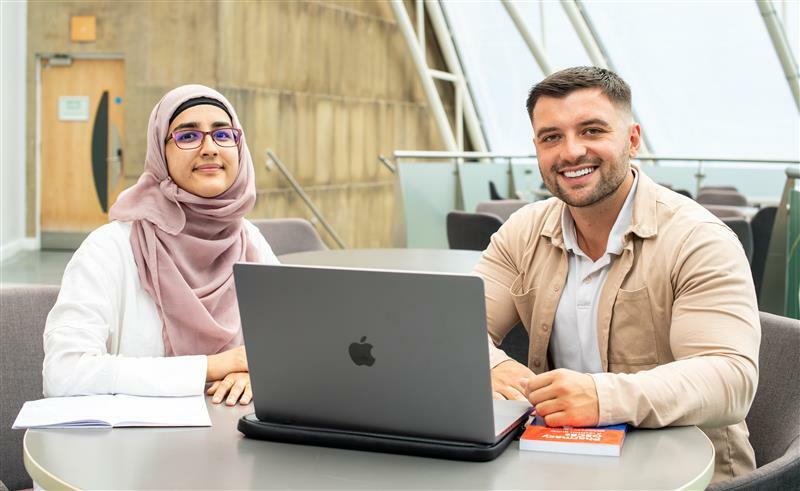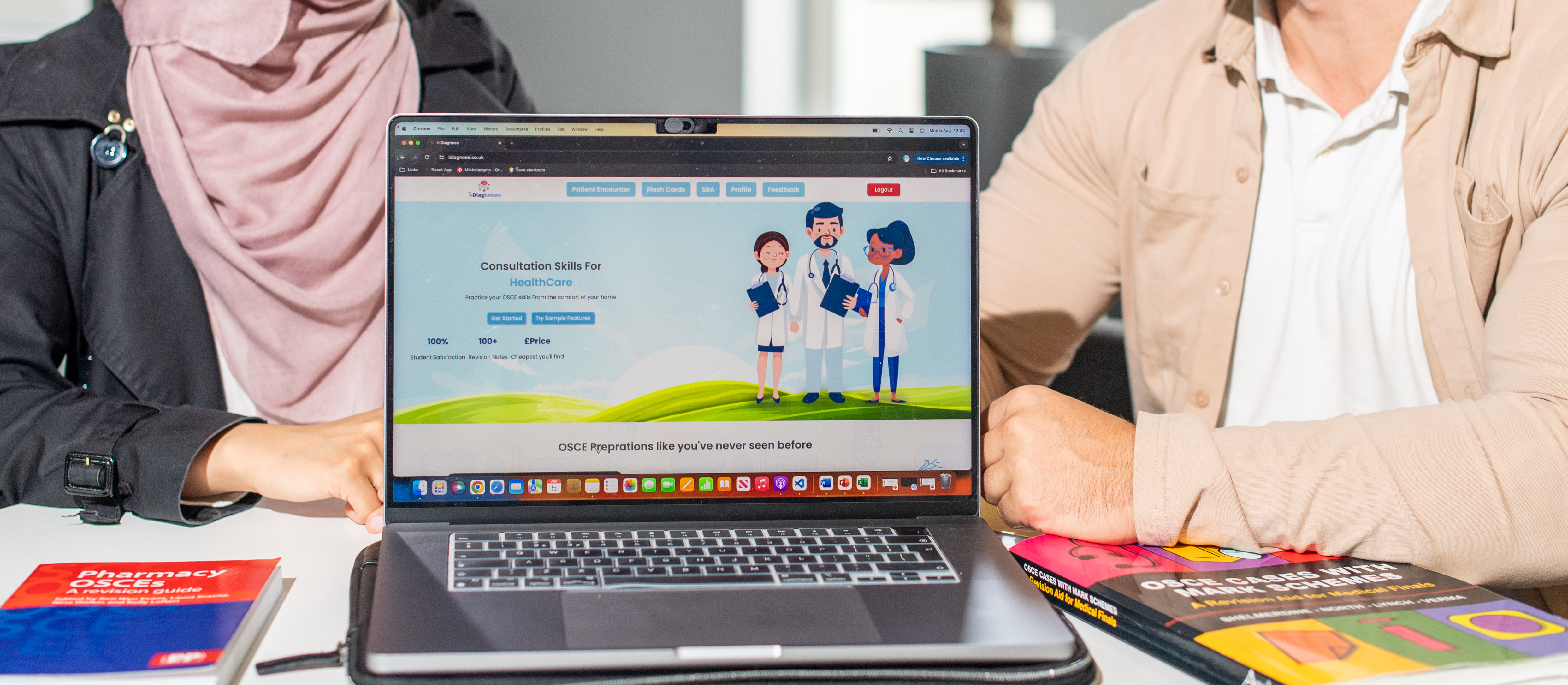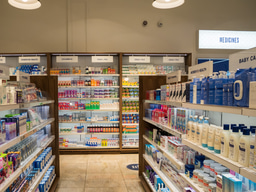Pharmacist creates AI chatbot to help students with clinical exams

A pharmacist has helped design an artificial intelligence (AI) chatbot that will make MPharm students’ clinical exams “quicker and cheaper” to run for educators.
University of Bradford MPharm graduate Sania Bibi pitched the idea with fellow Physician Associate graduate Aaron Walshaw in 2022 when they were both still students on the university’s Accelerated Student Entrepreneurship Programmes (ASEP) which is part of the Bradford-Renduchintala Enterprise Ecosystem (BREE).
The programme is set up for the University of Bradford to offer support to students’ business start-ups. Bibi and Walshaw pitched I-Diagnose which “uses machine learning and AI, drawing data from thousands of real cases, to simulate different scenarios, while also providing students with immediate feedback”.
Objective Structured Clinical Examinations (OSCE) “are often costly and difficult to organise” according to the university. The pair’s business idea streamlines the process as it avoids the usual need for “a minimum of three people” and sometimes hired “actors to play certain roles” during these clinical exams.

Bibi currently works as a locum pharmacist in the West Yorkshire area alongside completing an internship in software engineering with the Yorkshire Building Society. He says “I-Diagnose offers a number of advantages over traditional OSCE examinations”.
It allows healthcare students to practise anytime, anywhere and still learn clinical skills in a safe, unbiased, standardised, and structured environment.
It saves time and money for exam organisers and it can improve the quality of medical education by providing immediate feedback.”
Walshaw adds that I-Diagnose offers “alternative solutions that are more cost effective and more efficient” and after the pandemic, this “highlighted the need for assessment methods that can be conducted remotely”.
“Commercially viable” solution
The pair have secured “a six-figure investment sum that includes 'in-kind' staff time and the cost of employing a web developer” and the university “will receive an amount of equity in the start-up” as part of the deal.
The University of Bradford told C+D that the precise financial details of the “funding arrangements are confidential due to commercial sensitivity”.
The university’s head of commercial innovation Russell Hodgetts said I-Diagnose is a "prime example of how the university is leveraging its expertise and connections to encourage entrepreneurs and ensure they excel”.
"The fact they have been selected for investment means they are considered to be providing a real solution to a need in the marketplace, as well as being commercially viable," he added.
Bibi and Walshaw are hoping to begin testing I-Diagnose in 2025.







Please sign in
If you are a registered user on C+D Community, please sign in